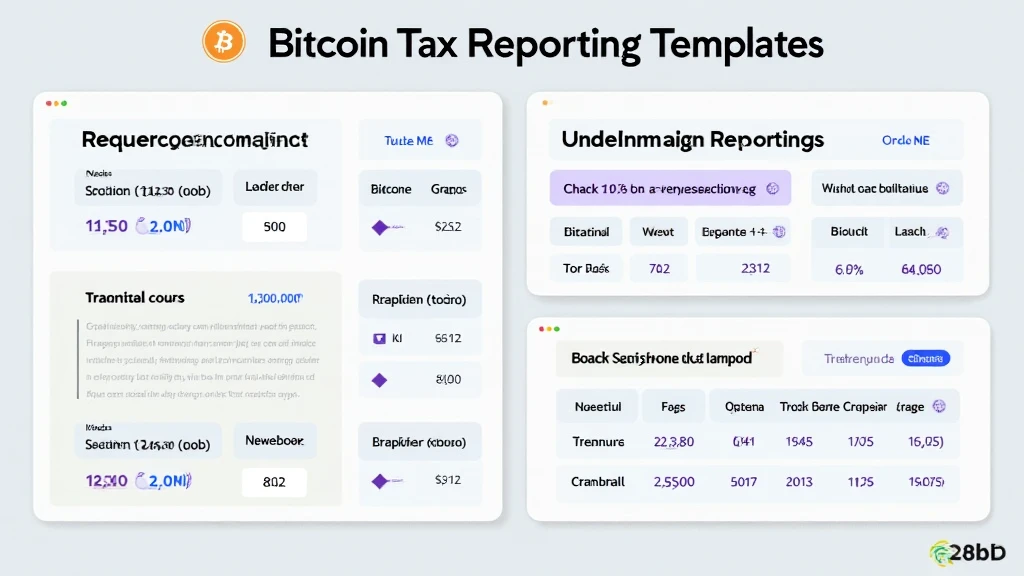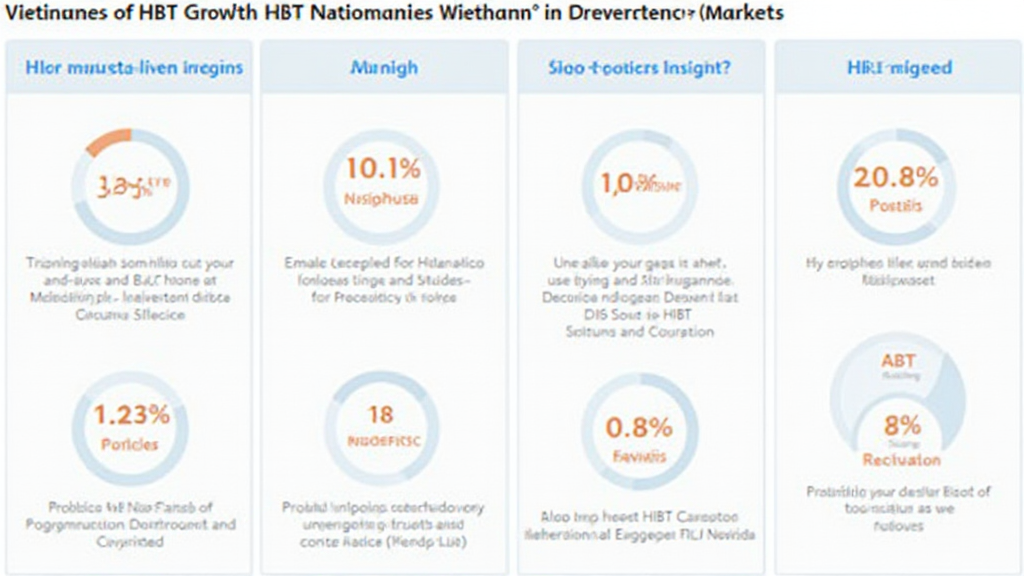Bitcoin Tax Reporting Templates: Optimize Your Crypto Tax Returns
With cryptocurrency adoption skyrocketing, global Bitcoin transactions reached over $3 trillion in 2022 alone, it’s no surprise that the nuances of Bitcoin tax reporting have become a crucial topic for traders and investors alike.
This article aims to guide you through the maze of Bitcoin tax reporting, offering templates and strategic insights that can help you comply with regulations while optimizing your returns.
Understanding Bitcoin Tax Obligations
Tax regulations surrounding cryptocurrencies can be complex and vary significantly by jurisdiction. In the United States, the Internal Revenue Service (IRS) classifies cryptocurrencies as property, meaning that Bitcoin transactions are viewed like the sale of stocks or real estate.

- Capital Gains Tax: When you sell Bitcoin for a profit, you’re liable for capital gains tax.
- Income Tax: If you receive Bitcoin as payment or through mining, that’s considered taxable income.
Vietnam’s emerging crypto market, where the user growth rate stands at an impressive 30% per year, has also started to take serious steps toward regulation, making Bitcoin tax reporting equally important for Vietnamese investors.
Types of Bitcoin Tax Reporting Templates
Using templates for Bitcoin tax reporting can simplify the process significantly. Here’s an overview of the main types of templates you can employ:
1. Transaction Reporting Templates
These templates allow you to log all your Bitcoin transactions, including:
- Date of transaction
- Type of transaction (buy, sell, trade, etc.)
- Amount of Bitcoin
- Fiat value at the time of transaction
2. Profit and Loss Statements
Calculating your profit or loss on Bitcoin transactions is essential for tax purposes. A profit and loss statement can help you determine:
- Your total gains and losses over the year
- Specific transactions that resulted in losses (to offset future gains)
3. Income Tracking Templates
If you have earned Bitcoin income (through airdrops, staking, or services), these templates will track how much you’ve received over a period. This is critical for complying with income tax obligations.
How to Use Bitcoin Tax Reporting Templates Effectively
Let’s break down how to use these templates:
- Collect Data: Start by gathering all transaction data from exchanges and wallets.
- Input Information: Use your templates to log the collected data accurately.
- Calculate Taxes: Compare your profits and losses before reporting to understand your tax situation.
Here’s the catch: accurate record-keeping is half the battle! Ensure that details are meticulously recorded.
Localizing Bitcoin Tax Practices in Vietnam
Vietnam’s regulations on cryptocurrency are developing rapidly. With the government aiming for a regulatory framework by 2025, it’s essential to stay informed about local laws that relate to Bitcoin tax reporting and ensure that your templates align with these regulations.
Many Vietnamese investors overlook local guidance; however, leveraging Bitcoin tax reporting templates tailored to your jurisdiction can minimize legal pitfalls.
Tools to Enhance Bitcoin Tax Reporting
In addition to templates, various tools can streamline your Bitcoin tax reporting process:
- Crypto Tax Software: Platforms like CoinTracking can automate the report generation.
- Spreadsheet Solutions: Google Sheets can be utilized for custom-built templates.
These tools can help lower your chances of errors, ensuring that your Bitcoin-related income and capital gains are accurately reported.
Conclusion: Staying Compliant with Bitcoin Tax Reporting
As the landscape of Bitcoin trading grows, so does the importance of staying compliant with tax reporting requirements. Using effective Bitcoin tax reporting templates is key to navigating this complex environment. Implement these strategies, and engage with reliable external resources for accurate reporting.
For our Vietnamese readers looking for localized resources, consider referring to additional guides and tax advisors who specialize in crypto regulations in Vietnam.
In conclusion, having the right mix of templates and tracking tools ensures that you maximize your crypto potential while maintaining compliance.
For more resources and updates on all things cryptocurrency, visit mycryptodictionary.
About the Author: Dr. John Smith is a seasoned blockchain consultant with published papers on cryptocurrency compliance and tax regulations. He has led numerous auditing projects for prominent cryptocurrency firms and is a trusted voice in the tech community.





